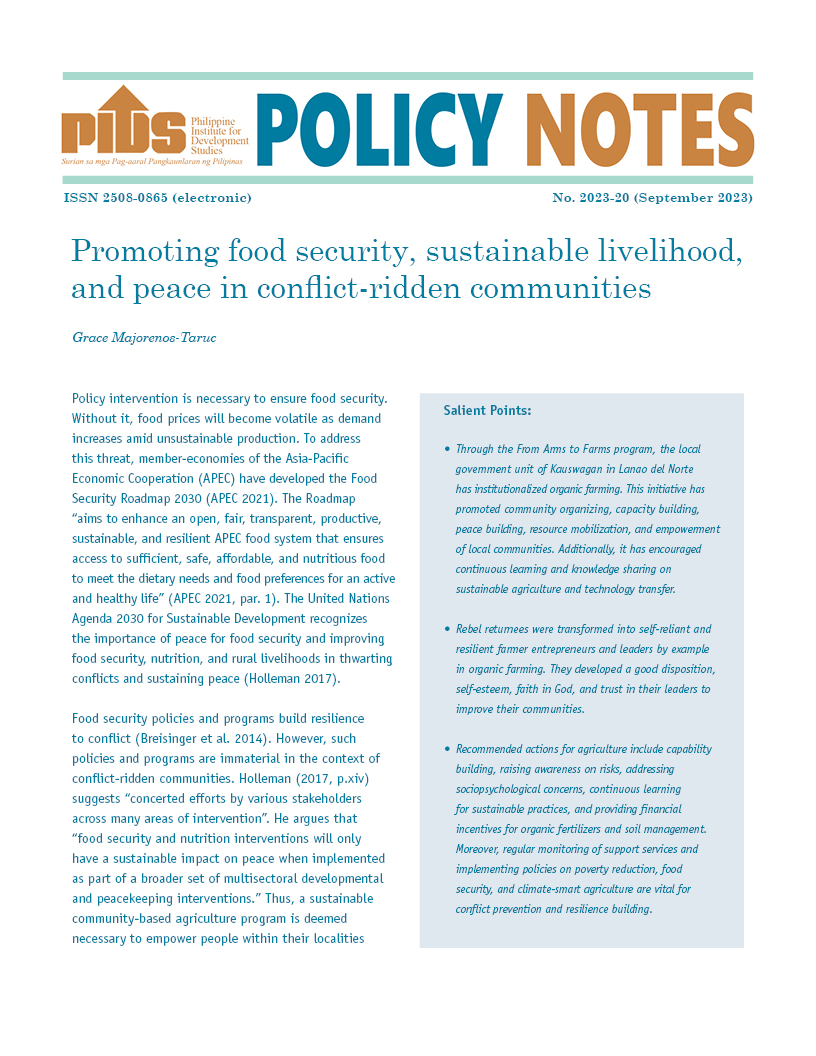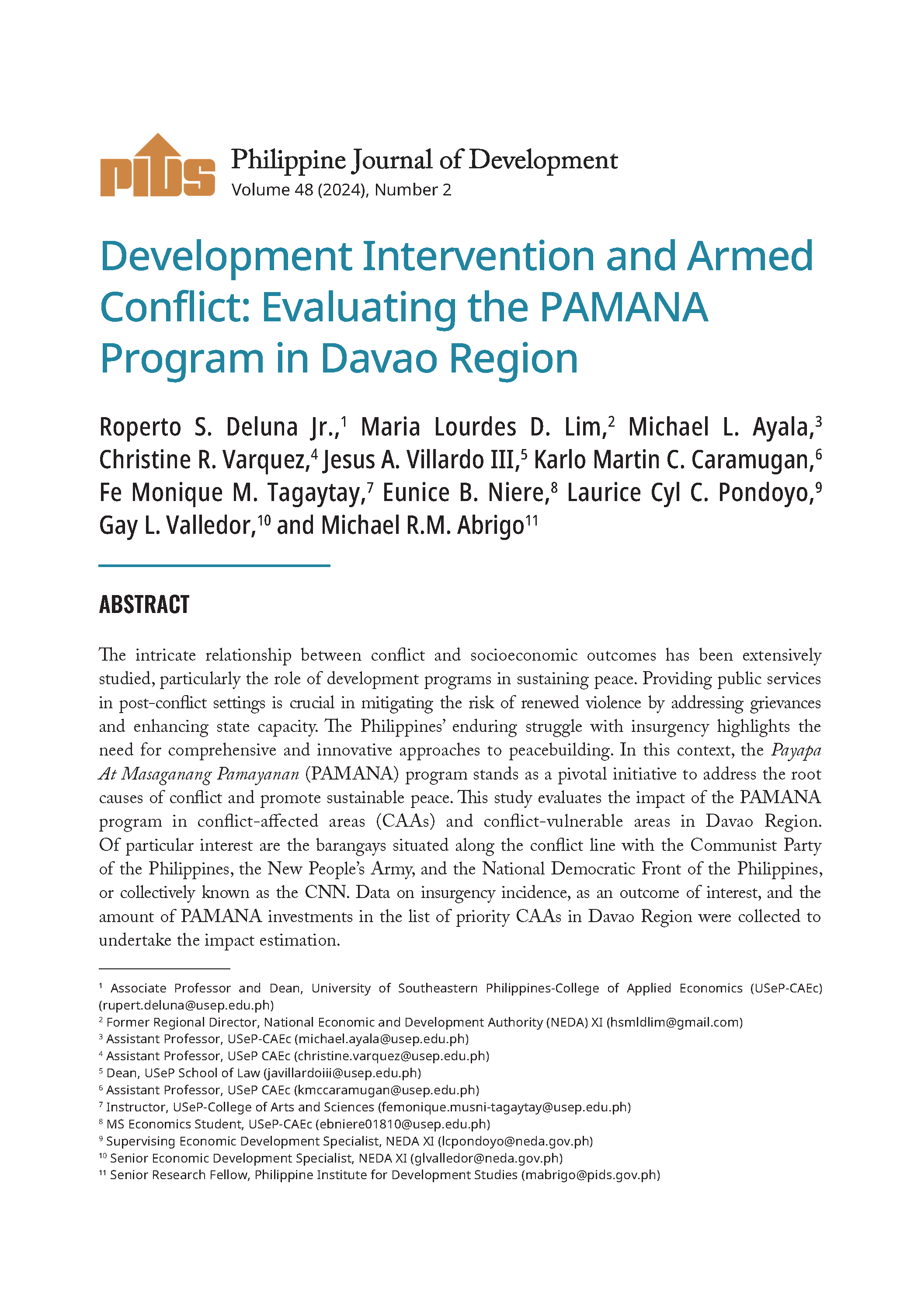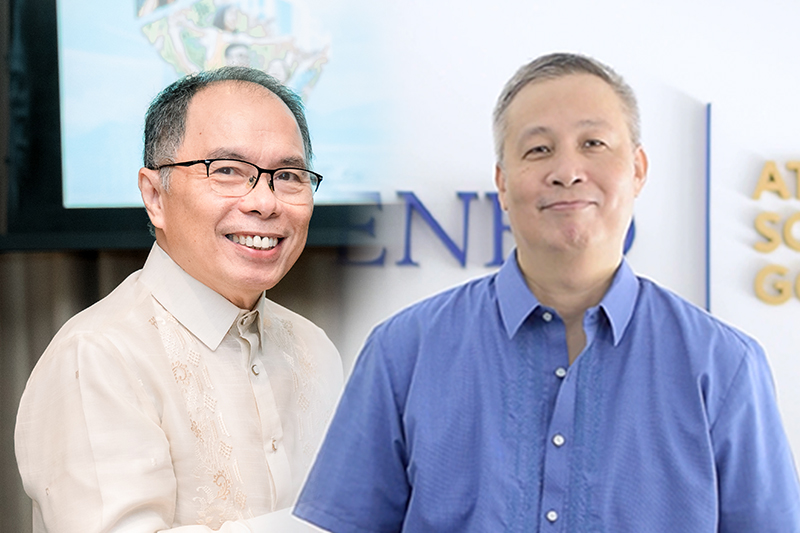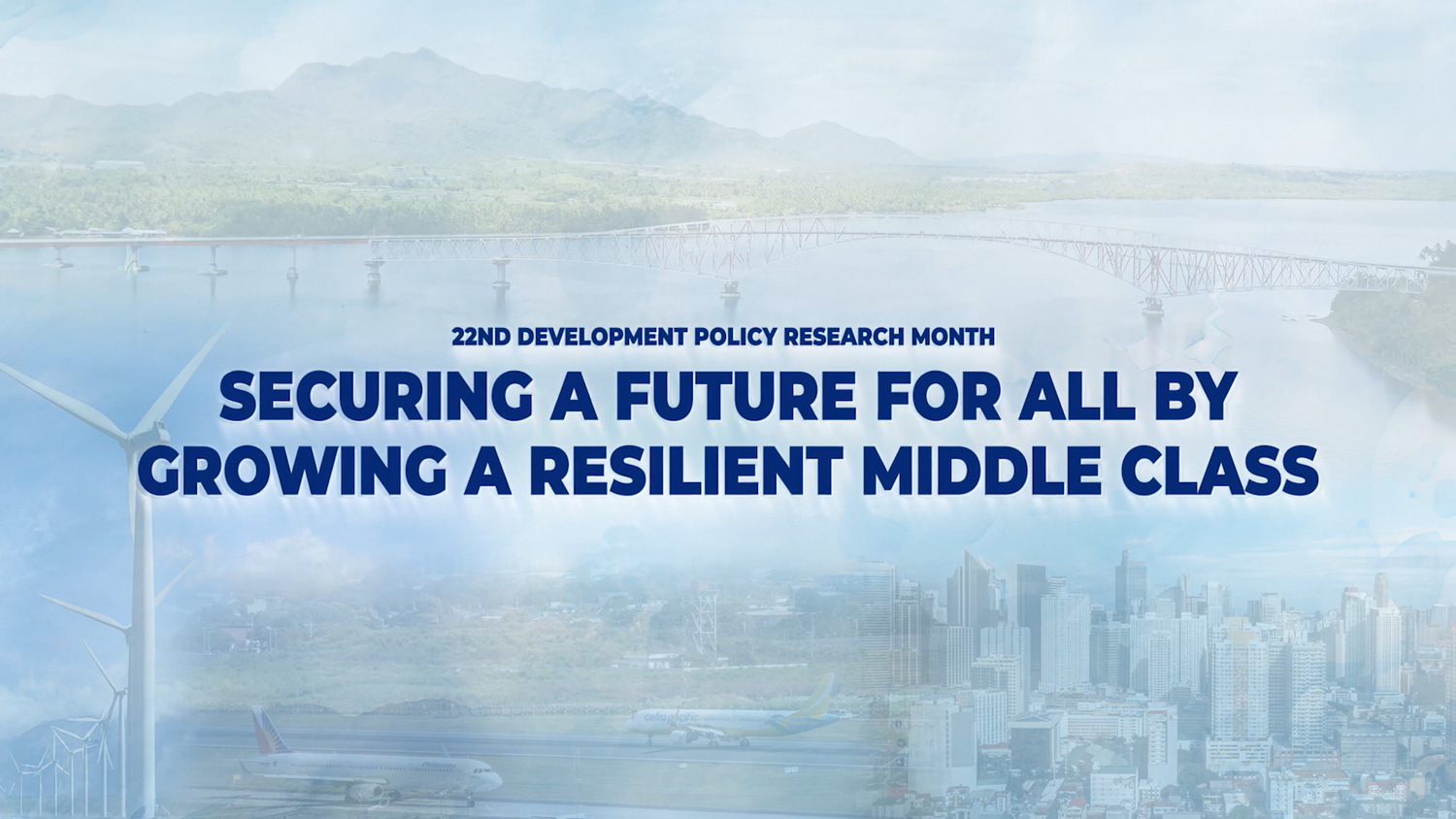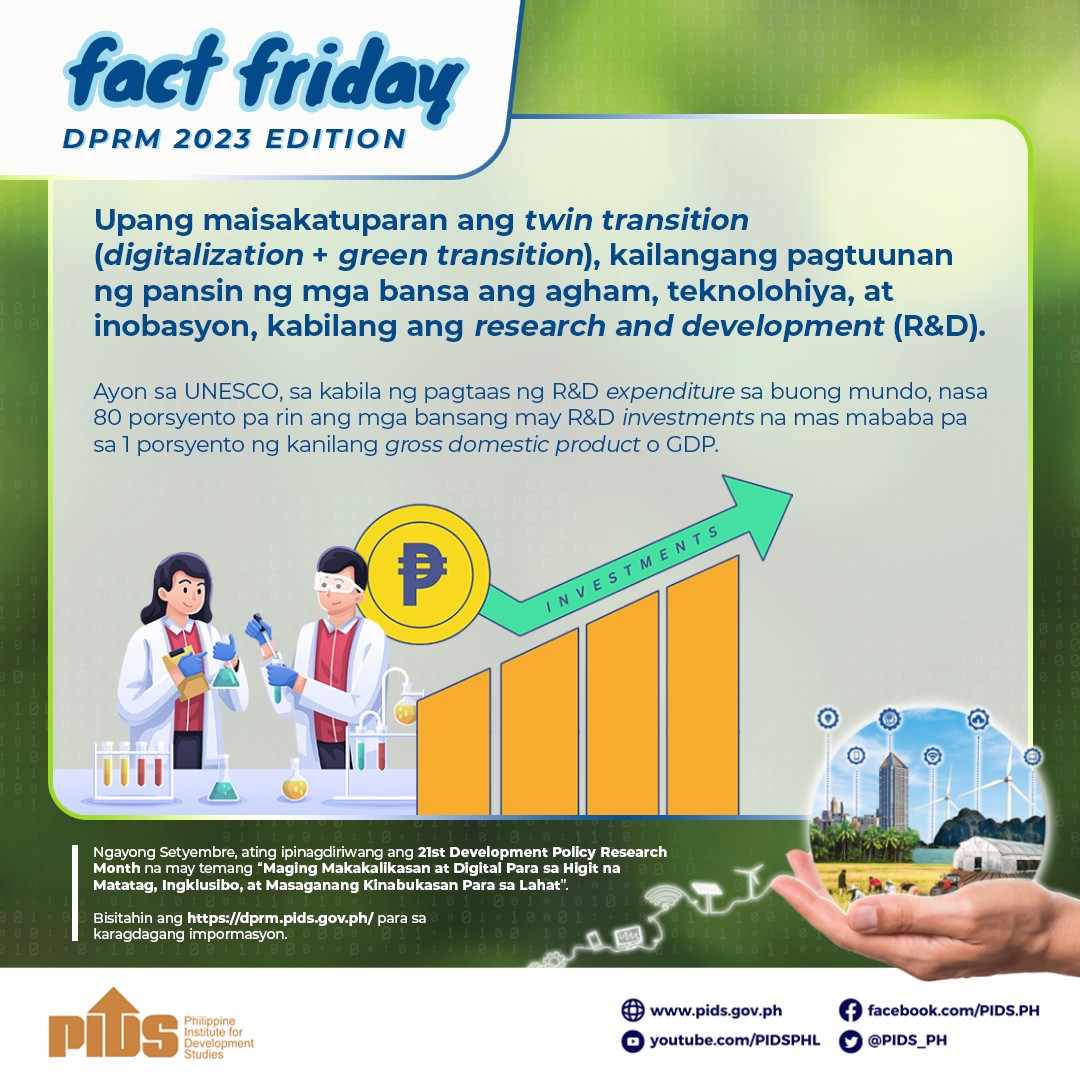Ka-boom. And humanitarian worker Martin Hilario Mapolon saw the streets below from his room at Park Palace, one of the United Nations (UN)-approved guesthouses in Afghanistan.
“I was standing in the middle of the room when the [wall] vanished,” Mapolon told the BusinessMirror last week, almost eight years after a car bomb exploded 50 meters away from the guesthouse he was staying.
Mapolon, a consultant for the United Nations Development Programme (UNDP) in Afghanistan, believed luck played a factor for survival, especially for development workers like him until Wednesday, when the last of American troops left Kabul.
Luck is an ace in the sleeve as, Mapolon told the BusinessMirror, development workers are targeted.
“The reason why we are targeted is because we are actually working for the government; we’re working for the ministry and the ministry is a target,” he explained. “And so these people who are embedded in the offices, in the Afghan ministries, are the ones who are actually enduring all the possible security risks.”
Amid the risks, Mapolon said they never wavered, and hoped, that their contribution mattered in the development of Afghan society.
Military garrison
AN assignment like Afghanistan required nothing less than nerves of steel. Mapolon also said removing the word “panic” in one’s vocabulary is also a must.
He recounted a time when he was stationed at Green Village, a popular area where foreign workers were lodged in Afghanistan. While the compound was self-contained and had all the necessary amenities—supermarkets, banks, a social hall, football fields, and salons, to name a few—it was nothing more than a military garrison.
Mapolon said lockdowns would be implemented from time to time due to threats of attacks. The walled compound also had a massive 10-meter wide and 3-meter tall gate as protection.
However, one time, an attack did occur. Mapolon said the residents were all inside when a bomb blew up the gate like it was nothing but “a can of sardines.”
Aside from luck, Mapolon said presence of mind was important in carrying out their duties. One time, he and two other colleagues were talking in a parking lot and they noticed that the police arrested three men.
After the men were taken away by the police, they approached the officers to ask why the men were arrested. The police told them they were suicide bombers because they found explosives among their possessions. Mapolon and his colleagues froze since they were only two meters away from the suicide bombers.
He said there were also stories in the field where a random stranger riding a motorcycle emptied the magazine of a 9-millimeter gun on the window of a UN armored vehicle. While the rounds did not penetrate the vehicle, Mapolon said, one can only imagine the terror the passenger must have felt while being fired at close range.
Ernie Wijangco
IN his years working for the UN, specifically the United Nations Environmental Program (Unep), the World Food Program and the Food and Agriculture Organization, Ernie Wijangco said he sometimes had to go through great lengths just to radio in his location.
Since his work required him to stay in villages, Wijangco said he had to check in with the UN by satellite phone at a designated time every morning. Sometimes, Wijangco had to climb to the highest area in the village just to get a signal for his satellite phone.
Failure to check could send military personnel to his last known location in an attempt to rescue him or secure his safety. If this happens unintentionally and just because of a failure to check in, Wijangco said his development efforts would be compromised because villagers would come to fear for their lives. This will be difficult since part of Wijangco’s work involved building rapport with communities.
There were times he would stay in a village for several nights, building rapport and getting (a sense of) the needs of the people in managing local natural resources.
“From there I go back to Kabul and be in the ministry,” Wijangco told the BusinessMirror. “So there was a lot of interaction or iterative learning from the field into the ministries again in aid of policy and also rules and regulations to implement the policies.”
Needs delivery
BASED on his experience as a consultant for UN agencies, such as the UN Population Fund (Unfpa) and the UN Children’s Fund (Unicef), as well as the World Bank, Jose Ramon G. Albert said security was very tight whenever he would go to Afghanistan.
Albert, Philippine Institute for Development Studies (PIDS) Research Fellow, said he would usually stay in a compound and be unable to see real life unfold on the streets of Afghanistan. He remembers just being brought to and from the Central Statistics Organization (CSO)—the equivalent of the Philippines’s former National Statistics Office—to do his work. He said every time he would enter these areas, he would go through a thorough security check.
Albert said that, unfortunately, security in Afghanistan never improved despite the many years that western countries and development agencies have been helping the country. Albert and Wijangco agreed, however, that the airport was one of the major development in Afghanistan.
“You feel like you are in a war zone. Everybody has a gun in the street. It’s very ordinary to have guns. You always see armored cars,” Albert recounted.
“Movement is limited. There are times certain areas would be declared hot zones and you won’t be able to go to these places or leave the compound.” Albert said adding he couldn’t even go out for a haircut.
Buying necessities, he said, would also have to be done through drivers and other staff in the compound. This, of course means, not being able to get what you need immediately.
“You had to wait the next day to receive the items.”
Turning-off Afghans
FOOD within the compound, Albert said, would mean telling the cook what to prepare for you morning, noon and night.
This would have to be done in advance to give the cook ample time to prepare the food. This is also necessary to ensure that there were ingredients available to prepare the food included in a consultant’s menu.
Further, Mapolon said that all consultants also had to wear body armor to protect them in case of emergency. However, like Wijangco, he found that this turned off Afghan workers and prevented them from understanding the state of play in the country.
With this, other Filipinos whom Mapolon worked with decided to remove body armors when they got to the ministry to prevent scaring the other staff. This was no different from women removing their burkas when they reached the office to sport normal clothing and hijabs on their heads.
It was also difficult to answer questions from Afghans who asked why people like Mapolon are protected unlike them.
“Are you more special than us that you are wearing body armor and we are not?” some Afghans would ask.
Armed bodyguards
MAPOLON also said this is why he found some security measures put in place for development workers were quite over the top in the sense that it prevented consultants from doing their job efficiently and comfortably.
He said one example was a group of consultants for a “foreign power” who not only sported body armors while walking around the ministry but were also accompanied by three bodyguards each “armed to the teeth.”
“They look weird to say the least to roam around the ministry with their bodyguards and in their body armor,” Mapolon said. “We left our [body] armor inside our offices when we worked with them (Afghans) because it’s easier to communicate.”
‘Losing face’
MAPOLON said the Afghan heart is easy enough to tame.
He said that being Asians, Filipinos understood the Afghans better than citizens from western countries. He said the common heritage and shared Asian values have endeared Filipinos to Afghans.
He said this is the reason many Filipinos are endeared among Afghans. When one says he is Filipino, “smiles would break out” because the Afghans also knew the heart of Filipinos. Mapolon said Filipinos respect Afghans and would not do anything that would cause them to “lose face.”
Similar to Filipinos, Mapolon said, Afghan families are close knit. He said going to certain hot zones in Afghanistan could be similar to going to places like Patikul, Sulu, where the Abu Sayyaf Group and the Moro Islamic Liberation Front could be part of just one family.
Mapolon recounted one time when an Afghan associate invited them to a hot zone. They refused to go because of the restrictions. But the Afghan national insisted and told them his cousin is Taliban.
“He will take care of you.”
“The reality dawns upon you that it’s only us that segregates and separates things,” Mapolon said. “But when you go there, it’s just one culture, it’s just one country and everyone is interrelated.”
Friend to Afghans
BEING a friend to an Afghan, Mapolon said, meant being greeted with an embrace and three kisses. Acceptance of a foreign worker by an Afghan also meant sharing meals with them or holding hands with them on the street. He admitted the latter was a bit awkward but that was how it was in Afghan culture.
But one crucial benefit of capturing the Afghan heart is truth. Mapolon said when Afghans accept you, they start opening up and would be more generous in providing the real situation and problems they face. This would greatly aid in their development work.
“You can imagine a lot of workers there, they are not actually being shown what the problems are except they’re being asked to provide computers, television sets, cars and that’s what they think the Afghans are after. But when you break that wall, then you see what the problems really are and then they work with you, now you can see ‘My God, these people know a lot, much more than I know’,” Mapolon said.
“You start there feeling that you know everything and suddenly you are humbled because you realize they have been doing this for a long time and they know what they’re doing. Maybe, if we take development from their point of view, from how they see their development, maybe we could have helped a lot more,” he explained.
On the ground
ALBERT said one of the things that attracted him to development work in Afghanistan was to find out what the real situation was on the ground. He also wanted to understand the Afghan people and know the reasons they didn’t like the Americans or why some prefer the Talibans than the Americans.
If there is one thing about the Afghan people is that they were very friendly. Albert recounted one time that he celebrated his birthday in Afghanistan.
Albert said the staff exerted effort to buy him ice cream to celebrate. This was, of course, not common fare for Afghans and so it was a treat not only for him but for all the staff in the ministry where he was assigned.
He also recounted that Afghan people were very eager learners. This was one of the most important characteristics that he felt was a strong point of the Afghan people. However, due to the armed conflict, many Afghans are unable to go to school or complete their studies. This has led to severe incapacities.
Religious sector
ALBERT said some government workers he taught in Afghanistan are good people.
They are capable of understanding and implementing the lessons. But for the majority of them, it would be difficult.
This could have been due to the fact that while Afghanistan is a country that is very old but in its more recent history, very little development progress has been achieved.
Wijangco said in the 1960s and 1970s, Afghanistan was a lot like the Philippines. It was mini-skirts and bell bottoms all the way. But along with the fashion came a growing ferment in the country that led to a lot of demonstrations and discussions.
He said the social grumbling focused on issues with a “deeply religious sector” that had a stronghold in rural areas. There were also questions on whether or not to continue the monarchy and a republican government where democracy was taking root.
But the ferment, in Wijangco’s opinion, was left unresolved because by the early 1970s, Russia invaded Afghanistan that started the period of the jihad. When the Russians pulled out of Afghanistan after 10 years, the factions fighting the Russians were already fighting each other.
This has largely affected the lives of Afghans, leaving many of them poorly educated, according to Wijangco.
“People would go to class and at the middle of the day, there would be a lot of in fighting, bombing and mortar shells exploding all over,” he said.
“The professors will dismiss the class safety concerns then by the fourth year, what to do with the students, well, let’s just give them a degree,” Wijangco added.
Talibans, women
THE situation did not improve because after the Russians, the Talibans came into power.
The Talibans were in control of Afghanistan from 1996 to 2001. Women were disenfranchised as they were not allowed to go to universities.
Nonetheless, Wijangco said progress ensued when the Talibans were “pushed out of the country.”
Afghans who completed their degrees were given the reins of government. Among the tasks they had to perform were upholding a new constitution. Wijangco noted that this document was hardly read even by some of the government personnel that time because of political instability.
It was the task of consultants like him to help the Afghan people create systems and implement their laws and regulations.
Wijangco’s role was to provide advice on the Afghan environment law, which focuses state policies concerning the green, blue and brown sectors.
The vast resources of the country, which Mapolon described as composed of a trillion-dollar worth of minerals, just sat untapped. Afghanistan could not even use these resources to benefit their own people.
Wijangco said efforts should be exerted to help the Afghans to not only use their resources but also preserve what they have.
He lamented that Afghanistan had a pistachio belt or an area with just pistachio trees.
This was untapped after the price of the commodity declined and farmers had no choice but to sell the trees as lumber. This resource, if preserved, could have been a major source of income for the country allowing them to help more of their citizens live better, according to Wijangco.
Integrated, interrelated
THE difficulties Afghans experience and their other development challenges made westerners and other development workers feel more superior than the Afghans. Looking back, Mapolon said, this may have been a grave mistake on the part of the development workers who went to Afghanistan.
Mapolon said it was difficult to be thrust into development work not because the country was Afghanistan but because there were many coordination issues. Likewise, the development perspective did not come from Afghans themselves. Mainly, what was done was for the development agencies to “dictate” their agenda on the Afghans.
In terms of coordination, Mapolon admitted that while efforts of UN agencies were coordinated because of the “One UN” approach, there were many development agencies working in Afghanistan. These efforts, however, operated separately risking much overlap in the development work.
According to Mapolon, they were not allowed to look at the place “that we worked in from a holistic point of view; from an integrated and interrelated point of view.”
“I think that’s what we missed there in Afghanistan. So that if ever I can get back there, once and for all, can we look at the Afghans and can we do development from the point of view of what they think they need not from the point of view of what we think they need?,” Mapolon said.
He noted that that is UNDP development approach; the capacity debt approach.”
“But UNDP is only one of the players. So eventually we were thinking—I am thinking—it’s high time that it’s a “whole-of-society” approach toward development,” Mapolon said.
Time, trust
MAPOLON told the BusinessMirror that sustainability issues hound development work in Afghanistan.
He lamented there were times when project cycles were not even completed because of the duration of the project. It was common for projects to end in the third year, time enough to only gain the trust of their Afghan counterparts and craft strategies but not implement them, Mapolon explained.
Mapolon said that at one time, they brought Afghans to Manila to study the Philippines labor, employment and vocational training efforts. The Afghans were excited and even had high hopes that the strategies being done in Manila could also be replicated in their country, he said.
But, the project was not implemented.
“It’s frustrating for development workers because we wanted results; we wanted sustainable results. We felt in the end that to have developed capacity would have entailed a holistic effort by all the development workers. And together have one strategy and work from the ground up and the top down,” Mapolon said. “In the end I felt we were not able to consolidate the gains that we started. I wanted to go back, I still want to go back even if the Talibans are there.”
Uncertain future
WIJANGCO, Mapolon and Albert believe it was difficult to predict how a second Taliban regime would affect development in the country. They were disheartened about how things have turned out, how their development efforts have been wasted.
Wijangco said despite all his hard work in the villages, helping communities conserve their resources, recent events may just have trampled on their past efforts. “Great strides were achieved by all parties working towards rehabilitating the country’s natural resources and the momentum will be lost. This sector is not in the radar of the current regime.”
He lamented that when he left Afghanistan a few years ago, he had high hopes for the country, especially because many more young Afghans were able to study. In fact, just before the fall of Kabul, he knew of a former colleague who was about to leave for Europe to take post-graduate studies. The future of that young Afghan could be in jeopardy given what is happening to his country.
Mapolon, however, believes that Afghans still had a choice on how to turn this situation in their favor. The Afghan people are resilient and have an inner strength that he hoped would carry them through their adversities.
Development seeds
UNDER a new dispensation, the Afghans can actually look at their situation as a “reset button,” which can be used to create an inclusive government and development direction. This is if the new set of leaders is true to pronouncements they don’t want Afghans to leave and that they are pushing for inclusivity in their country.
Mapolon hopes the Afghans would have something to start anew with the seeds of development he and hundred others planted. He said he always believed and cited in UNDP records the 11 thesis of Karl Marx on Lugwig Feuerbach that stated that “philosophers have always interpreted the world; the point, however, is to change it.”
However, he admitted these seeds may not be enough given that development workers were already at a disadvantage when they were there given short contracts.
It is because of this that all three of them want to go back to Afghanistan to continue the work they have been doing. Albert, for one, is willing to go back but only if the institution he works for will guarantee his safety.
Wijangco believes the work should continue especially because Afghanistan is located “in a region where temperate and tropical biomes overlap.”
“[Afghanistan is in] a biologically-important and threatened region that must be conserved and protected.”
Enjoying resources
WIJANGCO added that a crucial effort to achieving this is effective policy implementation. Furthermore, facilitating a blend of science and local or community self-governance of these resources will be the driving force to conserve and protect Afghanistan’s natural heritage.
“This [the return of Talibans to power] is abrupt change; this is a shock. But this shock can be used as an opportunity to actually build, rebuild the country from, not from scratch, the bits and pieces of it that actually remain,” Mapolon said. “And in this sense, all the more that we need development workers in Afghanistan to work, not to dictate their systems.”
He, however, said development workers are not supposed “to tell them what to do: we’re supposed to provide them tools; give them tools.”
“If they can use the tools, they would be the ones to deploy the tools so that they can change their own country. If we leave now, if we do not take advantage of this opportunity, all the lives lost, all the efforts could have been for naught.”
With tears, Mapolon continued: “It’s like the proverbial Phoenix that rises from the ashes where everything is destroyed but out of the destruction can spring a new hope.”
“Diyos ko, kwarenta anyos na ang giyera. [My God, the war has been going on for 40 years.] Maybe it’s about time that Afghans enjoy [their natural resources]. And maybe this time, we can do the right thing.”

